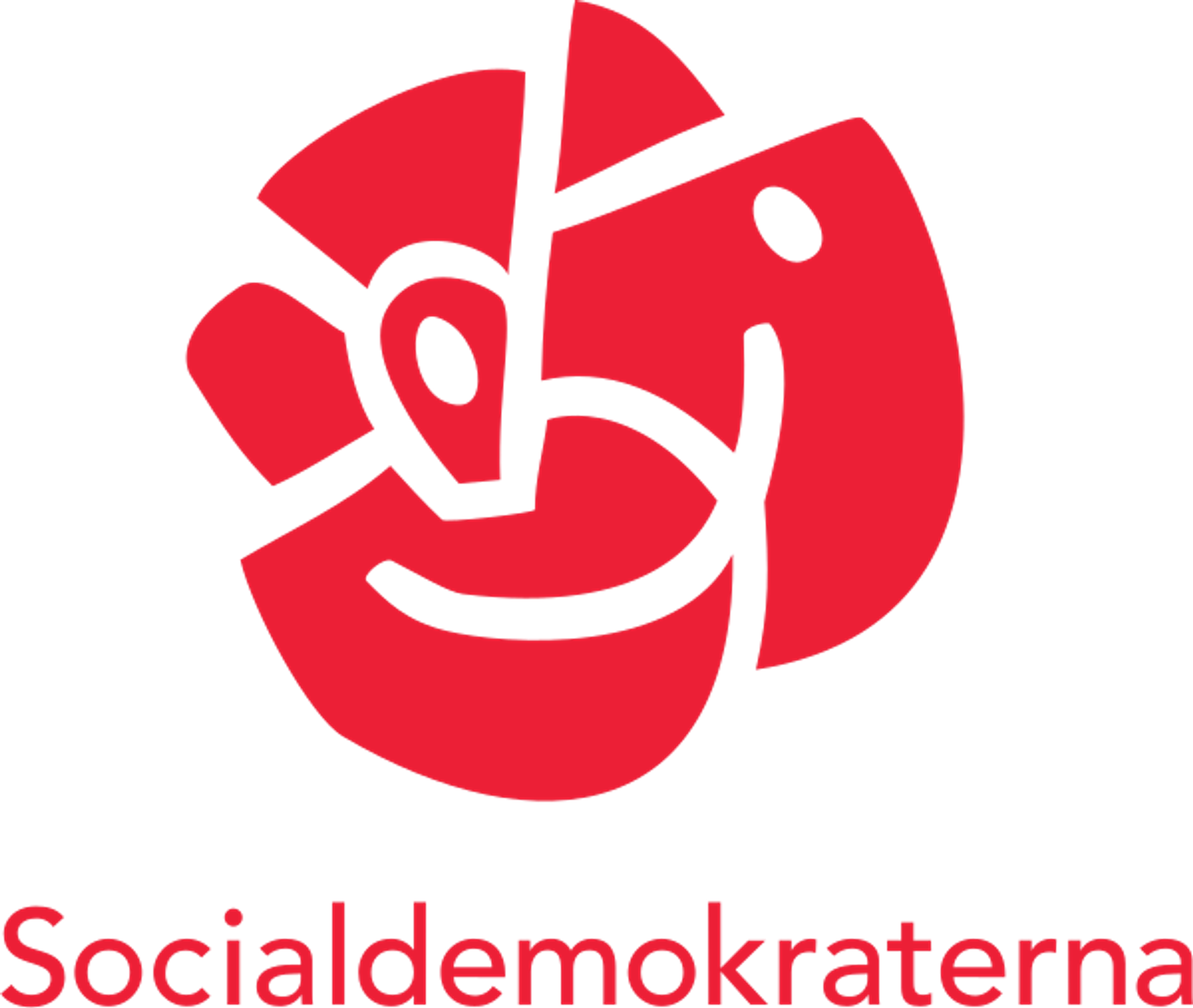
Alternative for Germany
What do people say about Alternative for Germany?
In Sweden, the Alternative for Germany is largely perceived as a far-right political entity, with strong ties to nationalistic and populist sentiments that are viewed unfavorably. This perception is compounded by its classification as a 'confirmed right-wing extremist endeavor' by German authorities, which casts a long shadow over its legitimacy. The party's rhetoric on immigration and nationalism resonates negatively among many Swedes, who are increasingly wary of extremist ideologies. Overall, Alternative for Germany is seen as a threat to democratic values and societal cohesion in Sweden.
Where are the conversations happening?
The analysis of various channels reveals a consistent negative portrayal of Alternative for Germany in Sweden. Sources like Swedish news outlets and political analysts emphasize the party's extremist affiliations and its potential threat to social harmony. The most critical discussions often arise in political debates and social commentary platforms, which highlight the dangers of normalizing far-right ideologies.
What are the topics trending around Alternative for Germany?
Discussions around immigration policies, nationalism, and the rise of populism in Europe are trending topics related to Alternative for Germany, with a particular focus on how these issues affect Sweden's political landscape.
Why are these topics trending?
These topics are trending due to the ongoing debates about immigration in Sweden and broader concerns over the influence of far-right parties in Europe, which resonate with the controversies surrounding the Alternative for Germany.
How is Alternative for Germany being talked about?
Detailed breakdown of public sentiment and conversations about this entity.
Impact vs Sentiment
See how each entity's high impact percentage relates to their positive sentiment percentage from actual mentions.





